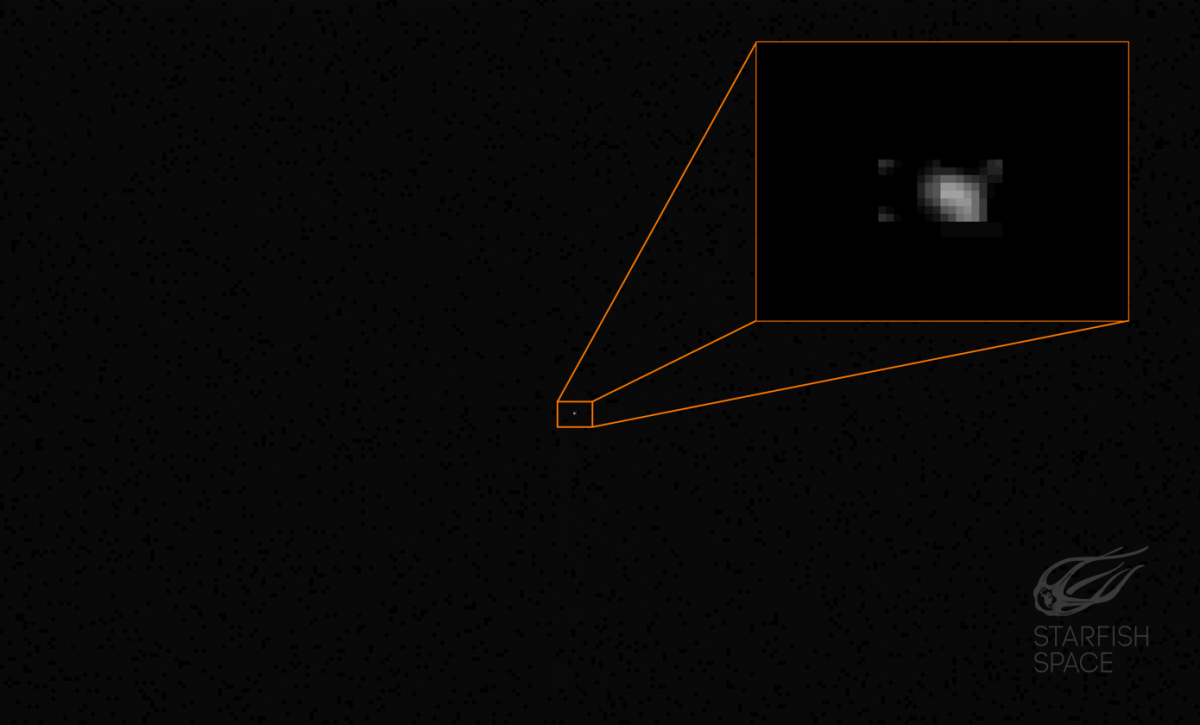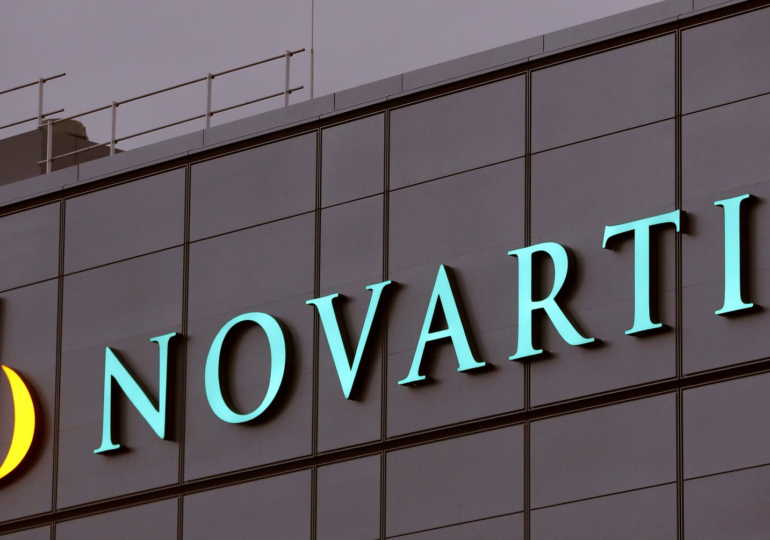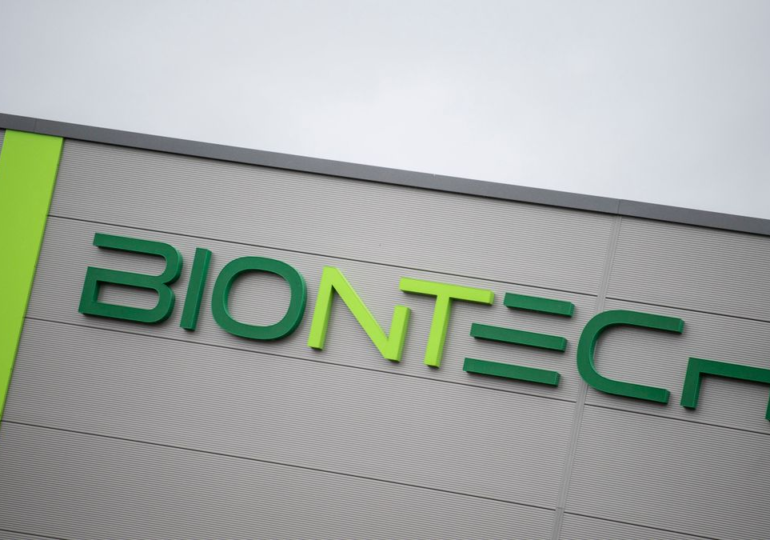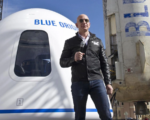Starfish Space and D-Orbit successfully complete an orbital rendezvous, concluding the Otter Pup mission

Starfish Space, a startup focused on demonstrating on-orbit rendezvous and docking technology, recently concluded its first mission, Otter Pup, with partial success, thanks to collaboration with the space logistics company D-Orbit. Launched nearly a year ago, the Otter Pup spacecraft aimed to showcase its ability to rendezvous and dock with another satellite in orbit. However, the mission faced significant challenges shortly after launch.
The satellite Otter Pup was supposed to ride along with another satellite to reach its orbit, but that satellite malfunctioned, resulting in Otter Pup being emergency ejected and sent into a chaotic spin. Despite this setback, the Starfish Space team managed to slow the satellite’s spin, a remarkable achievement in itself, demonstrating quick thinking and engineering prowess.
Further complications arose a few months later when the electric propulsion thrusters provided by French startup Exotrail experienced an anomaly and ceased functioning. This unexpected issue made a docking maneuver unfeasible. However, the team considered the possibility of a rendezvous attempt.

Seeking a solution, Starfish Space began looking for potential partners to assist with the revised mission objectives. They found an unexpected ally in D-Orbit, a space logistics company. While the details of D-Orbit’s involvement were not specified, their partnership enabled Starfish Space to proceed with parts of their mission despite the initial setbacks.
In a recent interview with TechCrunch, Starfish co-founder and CEO Austin Link reflected on the mission’s challenges and the collaborative efforts that allowed the company to achieve some of its objectives. This experience highlights the resilience and adaptability of startups in the rapidly evolving space industry, as well as the importance of partnerships in overcoming unforeseen obstacles in space missions.













